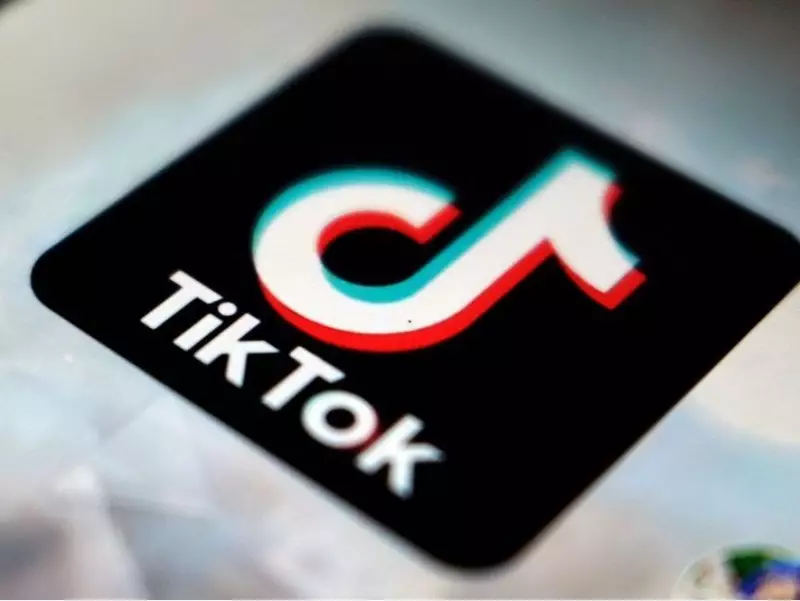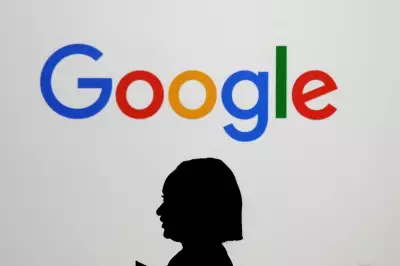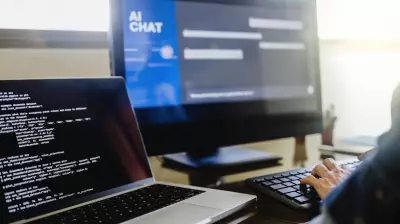
The Biden administration has revealed that pivotal negotiations to transfer TikTok to American ownership are progressing rapidly, with a potential breakthrough agreement potentially being finalized in South Korea. This development marks a significant step in the years-long saga surrounding the popular video-sharing platform's future in the United States.
White House officials confirmed that discussions between TikTok's Chinese parent company ByteDance and U.S. national security authorities have intensified in recent weeks. The core issue remains data security and the potential for foreign influence through the app used by over 170 million Americans.
Why South Korea Matters in This Tech Showdown
The choice of South Korea as a potential deal-finalization location isn't coincidental. The country has emerged as a critical player in global technology security discussions and maintains sophisticated diplomatic channels with both the United States and China.
National security experts suggest that neutral ground could facilitate more productive negotiations between the involved parties, who have been locked in complex discussions for nearly four years since the Trump administration first raised concerns about the platform.
The Stakes for American Users and National Security
At the heart of the negotiations is Project Texas, TikTok's $1.5 billion proposal to protect U.S. user data and content recommendations from foreign influence. The plan would establish:
- Complete American oversight of all U.S. user data
- Independent monitoring of TikTok's content algorithms
- Substantial U.S. ownership stakes in TikTok's operations
- Enhanced transparency measures for government review
Despite these proposed safeguards, some lawmakers remain skeptical about whether any arrangement can fully address national security concerns while ByteDance maintains any connection to the platform.
What Comes Next in the TikTok Saga
The White House has been careful to balance national security priorities with the reality of disrupting a platform used by millions of Americans. The administration continues to support legislation that would provide additional tools to address technology services from foreign adversaries.
Meanwhile, TikTok has been mounting an aggressive defense campaign, with the company and its users lobbying Congress extensively to prevent a potential ban that would disrupt small businesses, content creators, and the broader digital ecosystem that has grown around the platform.
As negotiations enter what appears to be their final stages, all eyes turn to South Korea, where what happens in coming weeks could determine the future of one of the world's most influential social media platforms in its largest market.





